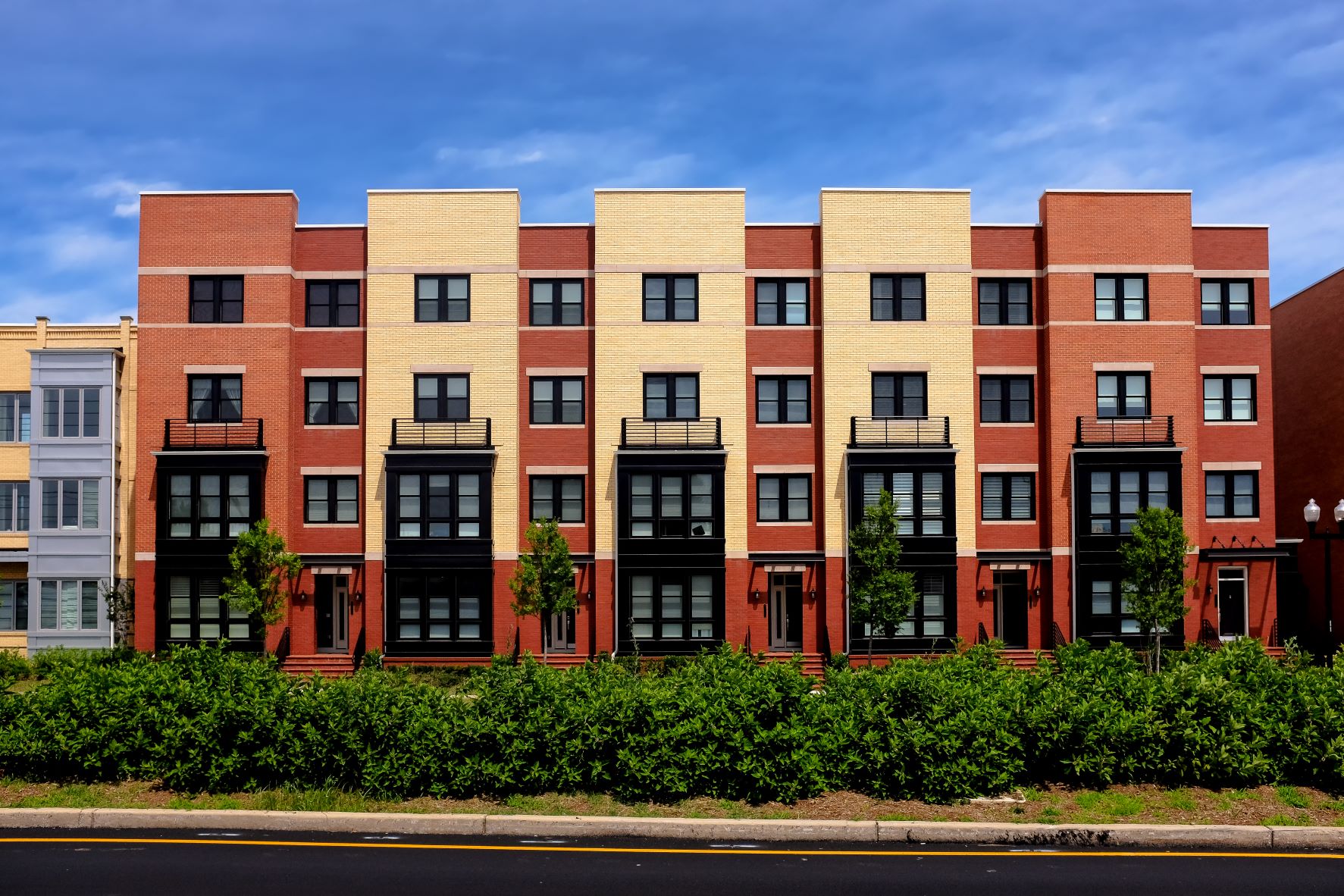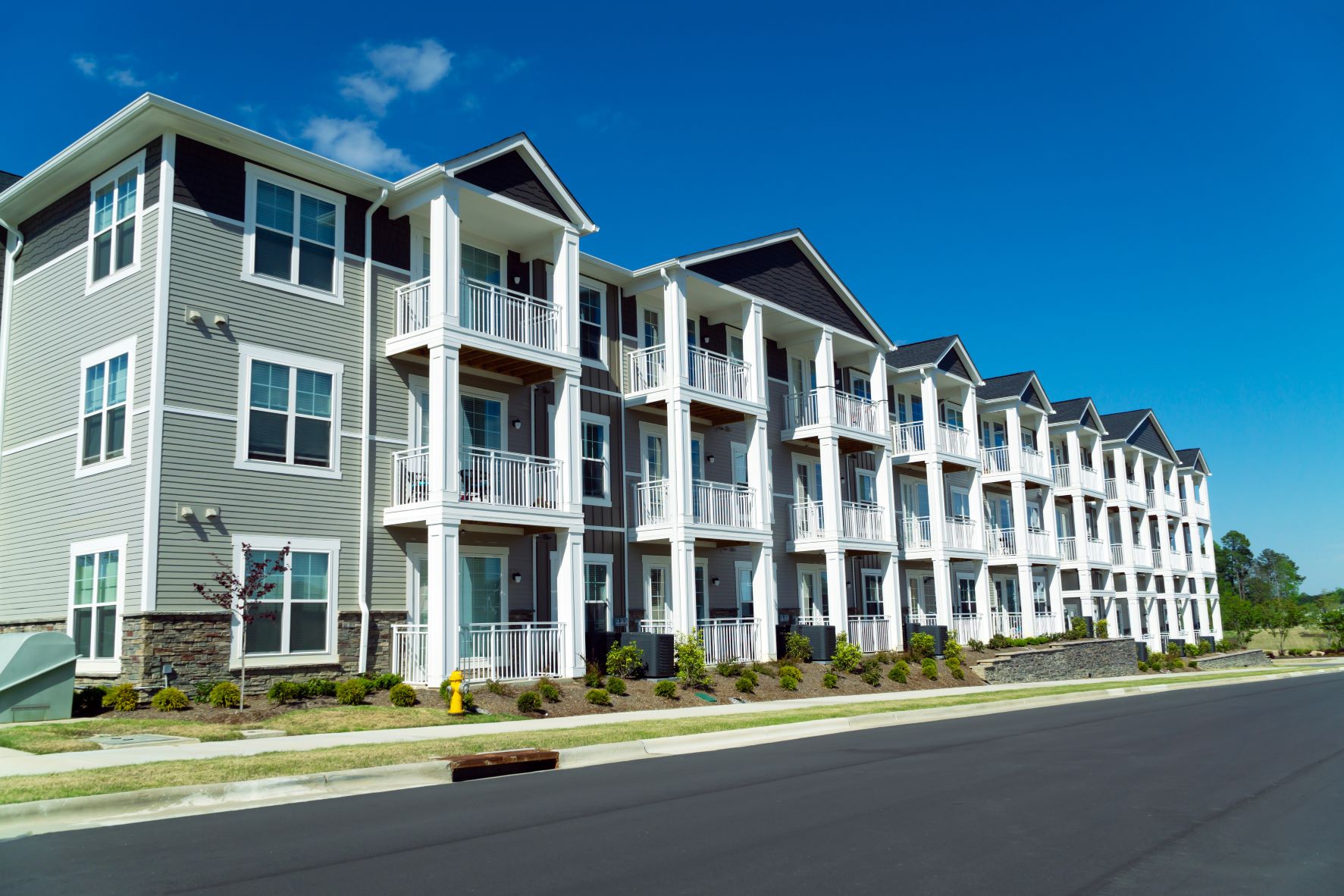
If you are interested in real estate investing, you are sure to eventually come across the term “net cash flow”. It’s a pervasive term used in a variety of real estate calculations. While you may have a good guess as to what it means at first glance, it’s a bit more complicated than it may appear.
We encourage you to review this article to more fully understand what goes into net cash flow calculations and how it might impact your investments. The net cash flow can help you make informed decisions about properties you own or are interested in.
Here are three things every real estate investor should know about net cash flow:
1. What is Net Cash Flow?

The net cash flow of an entity or property is the total income, or cash inflows, minus the total expenses, or cash outflows within a given time period. Net cash flows are typically calculated on an annual or monthly basis.
The total income may include any money paid to the entity, including cash received from rentals, sales, and even loans. In multifamily real estate properties, this often includes not only rental income but also on-site laundry, late fees, pet fees, or product sales like boxes or moving supplies.
The total expenses include any money paid out over the same period. The net cash flow will not include any money that is owed but not yet paid. In multifamily properties, common expenses to tally up include property management, maintenance, taxes, insurance, business licenses, advertising, and utility expenses.
If you have a positive net cash flow, that means more money is coming into the property than exiting. You are gaining money over time A negative cash flow, by contrast, means the property’s expenses and financing costs are larger than the amount of income coming, which means the landlord is losing money every month over time.
Net cash flow is one of the main measures of an entity’s ability to survive. An entity with a strong net cash flow will survive even if it is not strictly profitable due to less-tangible expenses such as provisions for depreciation and goodwill. A larger cash flow will also give the entity a safety net for unexpected expenses, like needing to fix burst pipes or broken-down HVAC systems.
2. How Do You Calculate the Net Cash Flow?

The net cash flow has a very simple formula:
Net Cash Flow = Total Cash Inflows – Total Cash Outflows
As an example, let’s say you have a property that generates $100,000 in rental income every year. Your mortgage payments add up to a total of $80,000 per year, and your annual operating expenses are $10,000.
In this situation, your total cash inflows are $100,000 per year. Your total cash outflows are $90,000 ($80,000 + $10,000). Using the formula, you can calculate your net cash flow as $100,000 – $90,000 = $10,000.
As another example, let’s say you own a property that generates $190,000 in regular rental income every year, plus an additional $10,000 from pet fees, guest parking permits, and coin-operated laundry machines. You pay $130,000 in mortgage payments and have annual operating expenses of $20,000.
For this property, your total cash inflows come to a total of $200,000 ($190,000 + $10,000) for the year, and your total cash outflows are $150,000 ($130,000 + $20,000). The formula gives you a net cash flow of $200,000 – $150,000 = $50,000.
Keep in mind that the net cash flow does not include non-cash expenses, such as depreciation and amortization. These expenses will reduce your taxable net income, but not they will not be reflected in your cash flow. The net cash flow will be the same as the net operating income (NOI) as long as non-cash expenses like depreciation and amortization are not included in the NOI calculation.
3. Why Net Cash Flow Matters in Real Estate Investing

Calculating the net cash flow allows investors to more accurately determine the potential returns on an investment, regardless of the seller’s proforma statement or the previous owner’s performance. The seller may be inclined to provide a more optimistic estimate of the property’s net cash flow to get more buyers interested, so it’s always a good idea to do your own net cash flow analysis before making a purchase.
An accurate net cash flow forecast also helps investors determine how much money is available for capital expenditures and non-recurring fees, like tenant improvements. Even if you don’t plan to make significant changes to the property, you will eventually need to replace appliances, roofs, and HVAC systems as they wear out. It’s important for property owners and investors to plan for these expenses to avoid winding up in the red, or with more debt than expected.
The net cash flow is also needed to calculate many of the more complex real estate investment formulas, such as:
- Cash-on-cash return
- Internal rate of return (IRR)
- Debt service coverage ratio (DSCR)
- Net present value (NPV)
- Capitalization rate (cap rate)
- Loan to value ratio (LTV)
The higher the net cash flow, the more money is left in the bank after the bills have been paid. Most real estate investors are unwilling to buy properties without a positive net cash flow, and some look for properties with a cash flow above a target number..
The net cash flow of a property can be fluid. Things like changing demand for rental properties in a given area or finding a “golden tenant” who stays for years can significantly impact your cash flow. It’s always a good idea to take a look at the factors that go into the net cash flow, not just the final number.
Check Out the CEP Blog to Learn More About Real Estate Investing
To learn more about real estate investing terms and trends, including multifamily investments, we encourage you to check out the CEP blog or subscribe to our newsletter.









